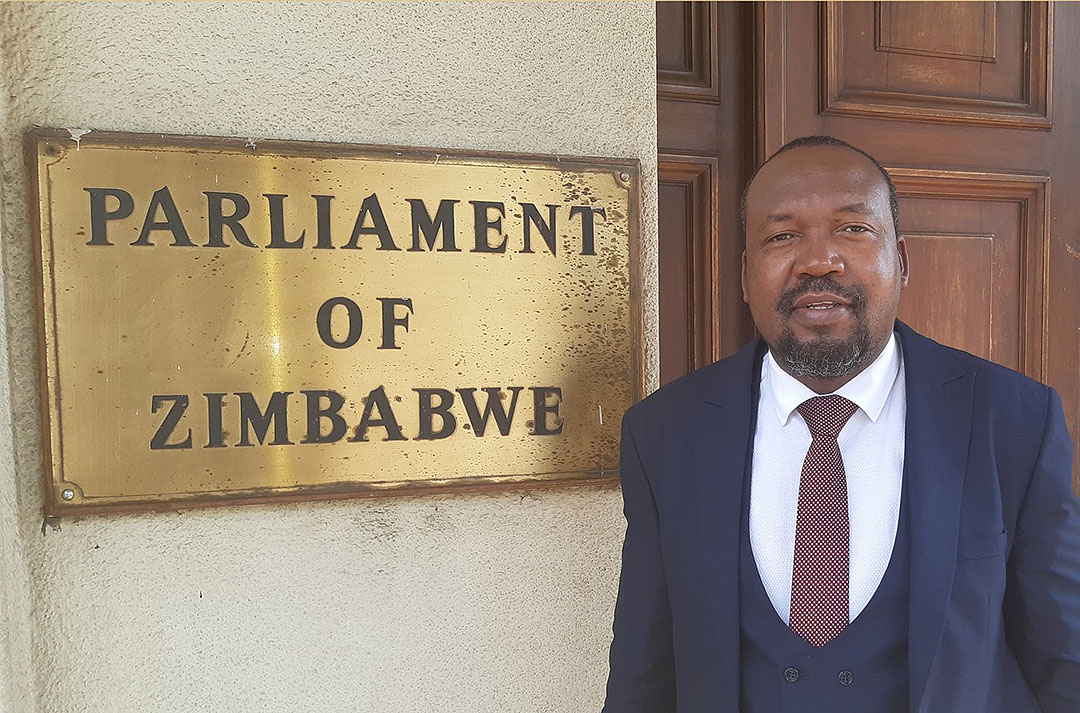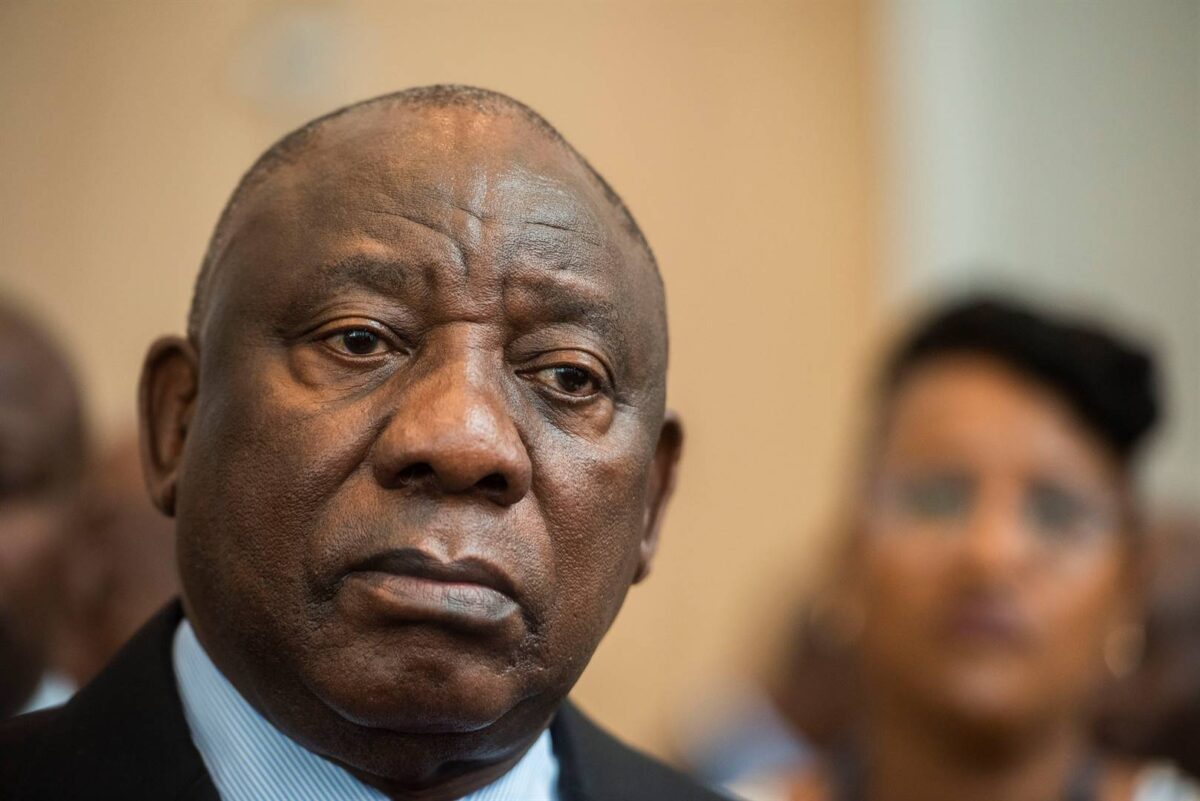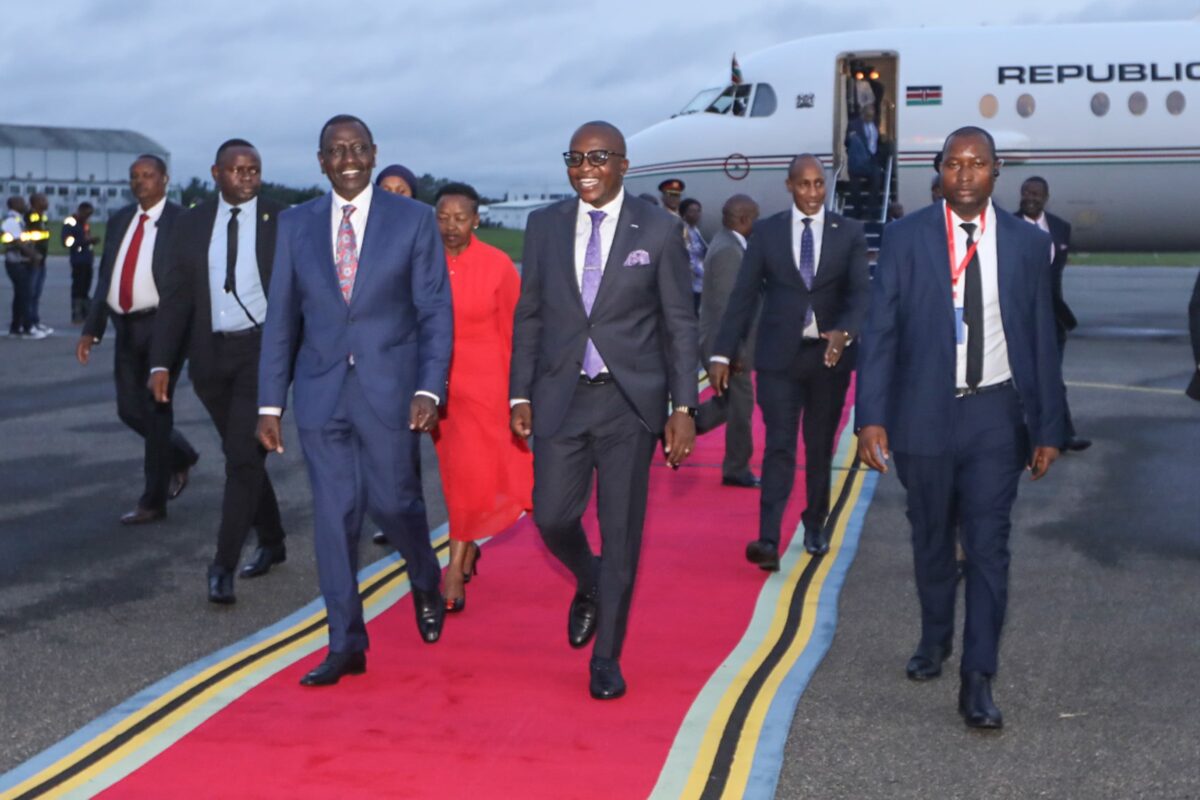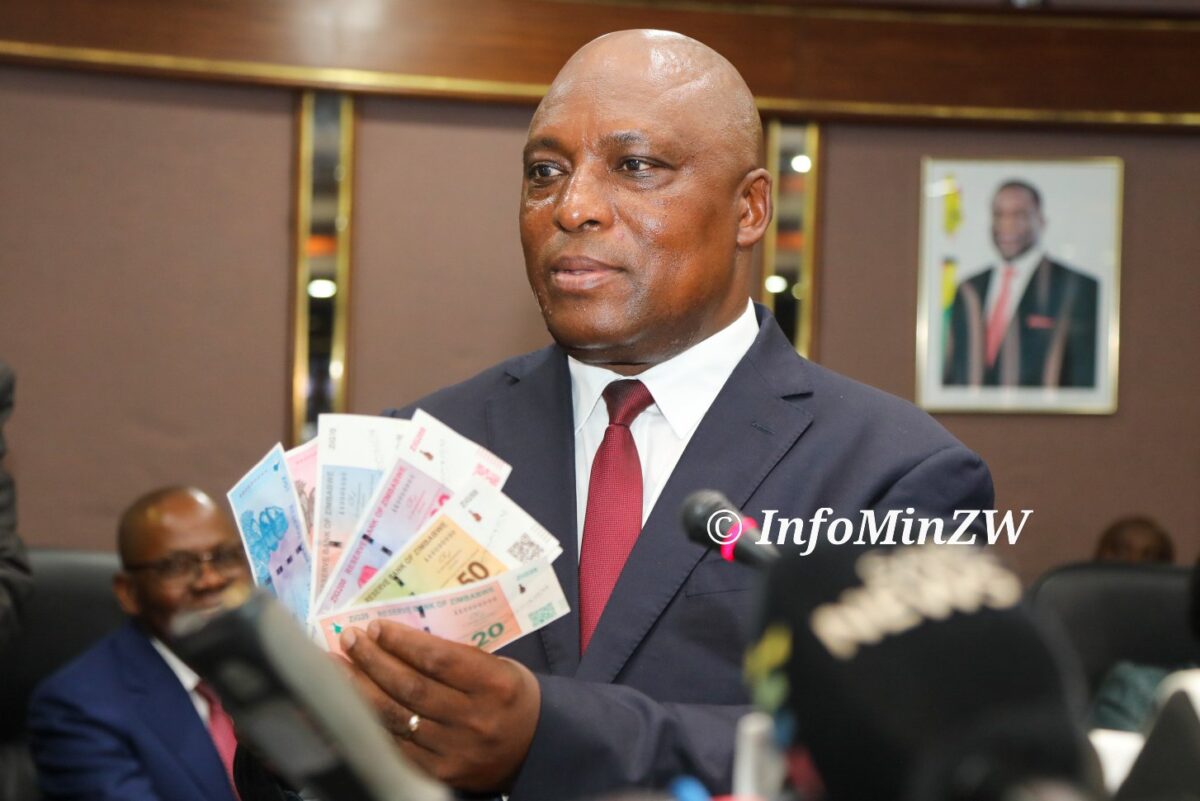HARARE – The government has pushed back against a call by Hwange Central MP Daniel Molokela (MDC Alliance) for universities to appoint their own chancellors, which would strip President Emmerson Mnangagwa of the ceremonial title.
Higher education minister Professor Amon Murwira, who was steering the Amendment of State Universities Statutes Bill through its second reading in parliament, insisted that the chancellor of the country’s nine state universities should be “our most prominent person.”
Molokela, who sits on parliament’s education committee, said there was no need to “burden” the president by making him the chancellor of all state universities, instead proposing that the university council of every institution should be allowed to pick the chancellor as happens in other countries.
Having the president as the chancellor was disruptive, Molokela added, as graduation ceremonies were sometimes postponed to accommodate the president’s diary.
“I’m proposing that there be a clause that gives flexibility in the appointment of chancellors to say that the chancellor of the university can be the president of the republic or someone else who the University Council may deem fit,” Molokela said during a debate in parliament on Tuesday.
“This is in line with other institutions for higher learning across the world, even public institutions for higher learning. For example in South Africa, the president is not the chancellor of each and every state university. The university councils are given the flexibility to appoint another eminent person in society to be a chancellor.
“I’m recommending that we include a clause in this Bill that says the university council should have an option of appointing another chancellor, apart from the president of Zimbabwe because we now have a lot of universities and there is no need to burden the president to officiate.
“You have seen graduation ceremonies being postponed because the president is unavailable, the president is busy. Yes, that is normal because the universities are now many. So, let’s include a new clause that says that the chancellor can be the president of the republic or any other eminent Zimbabwean citizen who the council may choose.”
Murwira insisted that nine universities were still manageable, denying that having the president as chancellor was disruptive.
“When it comes to the chancellor, it’s not a new introduction that we’re making here. The chancellor is already known and is the president of the Republic. We’re not making any amendment about the chancellor at all,” Murwira said.
“In my tenure, with the privilege of being in this tenure, we have never delayed any graduation. It is on time. The chancellor is a ceremonial post with the most prominent person in that nation. We take our first citizen proudly as our most prominent person. It’s in the statutes and we don’t have any problems with that.”
Meanwhile, Molokela – a former student leader at the university of Zimbabwe – called for greater academic freedom. The MP said vice chancellors had been turned “from being chief academics to chief disciplinarians.”
“In the 1990s, we had a lot of student leaders being victimised and expelled from university arbitrarily. Not only just student leaders but we had a lot of workers’ representatives being victimised by the vice chancellor. Today, almost 30 years later, we saw that the issue of academic freedom is still strong throughout the public hearings,” Molokela said.
“We need to make sure that in this Bill, there is a specific clause that speaks to institutions of higher learning promoting academic freedom. This is very important especially in line with Education 5.0 where we are trying to encourage institutions of higher learning to improve or increase their focus on innovation.”















